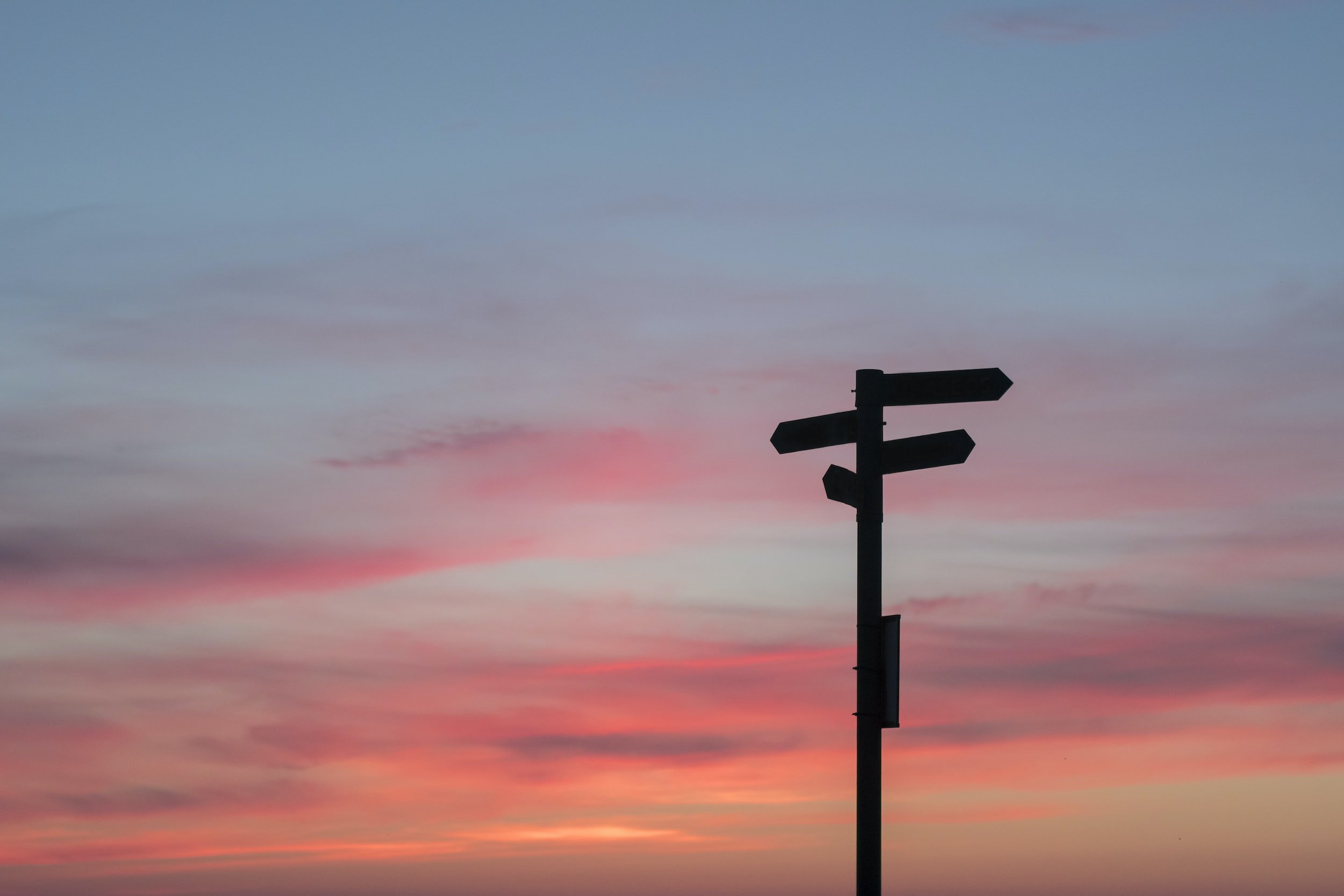The Unknowableness of Change
A letter of harmony in the face of great change.
‘Change is inevitable. Growth is optional’
- John C. Maxwell
To my Floating Lotus Family,
I hope this letter finds you well and rested as we acknowledge the fast and furious approach to Winter. We’re halfway through April already!
But how beautiful that Autumn has brought the brisk wind of change. It’s exciting and challenging, and scary.
One of the most sustainable things my yoga practice has taught me is that change is inevitable. And in fact, not only is it inevitable, it’s the very substructure of your natural state. Benjamin Franklin offered the famous anecdote that ‘nothing is certain except death and taxes’. But I propose that change is added to this equation too. This testament is an eloquent ode to the uncertainty of life and cautions against the faux warmth that comes from perceived reliability. But it’s also a subtle yet lurid warning that the Universe, if it so chooses, may shift the Earth beneath your feet. Insert the age-old wisdom here - ‘the only constant in life is change’ - Heraclitus.
Humans are intelligent and cognitive creatures, and our brains seek organisation and repetition (to varying degrees, of course). We often feel stable in the comfort of routine because it provides stability, security and a sense of control. We are exceptionally talented at orienting ourselves within the parameters of a given circumstance (e.g. jobs, relationships, exercise regimes, and so on). And there are numerous benefits to building a stable routine, like improving discipline and anchoring yourself in tasks or consistent practices. Or maybe it’s developing poise and patience to excel at a job or skillset. Perhaps your routine highlights inner fluctuations and teaches you how to weather emotional storms. Or maybe it offers financial security to explore habits, hobbies and places. And my personal favourite, it may create a reliable environment to develop knowledge and respect for a subject, practice or relationship.
These opportunities and virtues of routine offer profound psychological benefit, and they enable you to develop skills, strength, safety and stamina. But these ‘stable’ environments are meant to be mini training grounds where you prepare for the pockets of change that punctuate your life. They are micromanaged ecosystems where you solidify behaviours, embody new beliefs, and fortify resolve, which will best equip you for the onslaught of incoming change. And if you stay in these ‘mini-gyms’ longer than intended, one of two things will likely occur. Either your mind becomes accustomed to the steady pace of the treadmill, and you forget how to map the wild nature of unexplored territory, or you spend your days building a fortified bunker that will ‘protect you’ against natural disasters. Either way, you are not adequately trained for the incoming earthquake, which will likely dismantle and devastate you.
Many of you have come to me recently with grief or grievance in your heart. ‘My favourite class is changing’. ‘My favourite teachers are moving on’. Or the most common anecdotes that seem to be on repeat - ‘Everything is changing, and I don’t know what to do’ and ‘I have no idea where I’m going. What am I supposed to do? Nothing feels like it fits properly anymore.’ And trust me, I can totally relate. But in the wild and scary unknowableness of change, you’re given the greatest opportunity to test your skills. You are called into the arena to practice dynamic lifestyle movements that are inspired by the movements you make on your mat.
Yoga is a cocoon of spiritual space where you can practice sincere attention and agency. You are faced with the utter impermanence of things and drawn towards an inner authority. From this practice, you develop intimate self-awareness and a subset of stable mechanisms, often referred to as ‘teachings that transcend beyond the mat’.
You are taught to manage your energy as you alternate between easy and hard. You learn stillness in the presence of discomfort. You test the boundaries of what is possible and humbly acknowledge what is not. And sometimes, you simply practice patience because it’s hard. You learn that discipline pays off, and your capabilities change. You find that challenges can both stifle and inspire you. You uncover things you never knew about yourself and see that every emotion plays a vital role in your perception. You learn that adaptation WILL occur, whether it’s consciously created or not, and you’ll learn how to assert awareness in a way that creates change.
You learn how to be okay when everything is not. You discover gratitude, faith, liberty and surrender. You develop grace and the art of flow. So that when the earthquake hits, and you’re required to think differently, you aren’t blinded by the umbrage that ensues. Instead, you can move and map your new terrain and eventually emerge from the shadow of what challenges you.
With deep love and gratitude,
Namaste.
